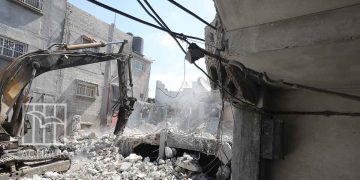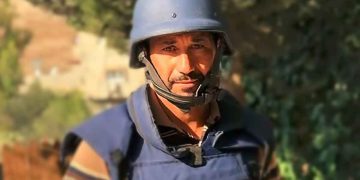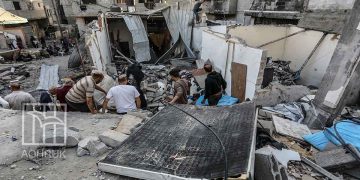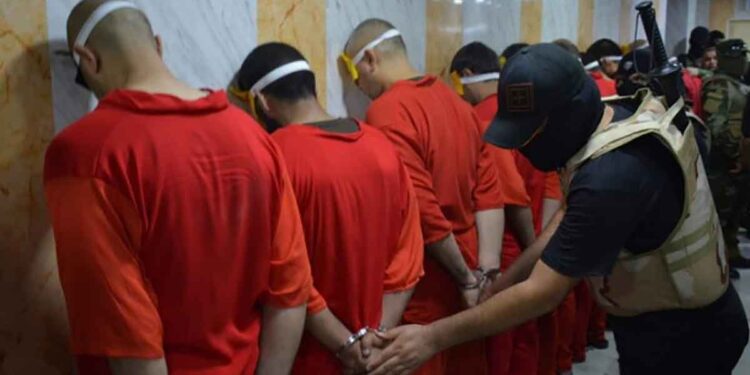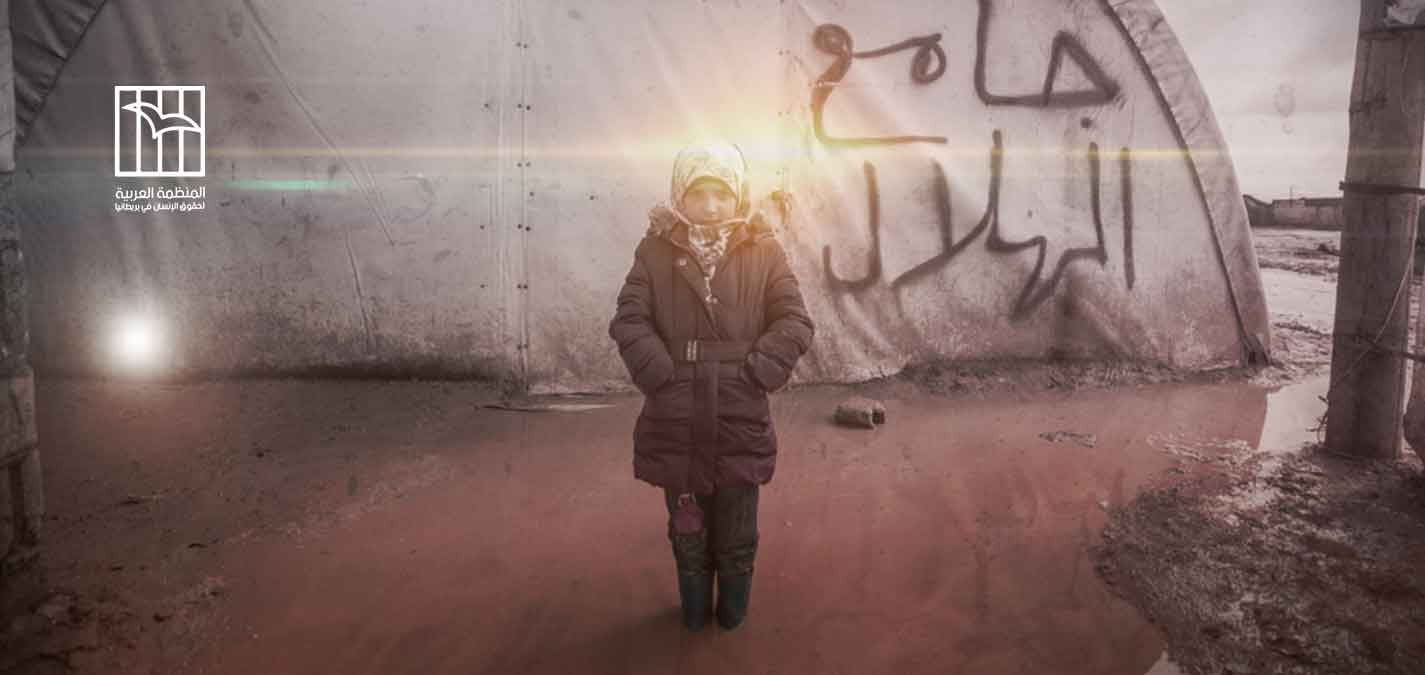Arab Organisation for Human Rights in the UK (AOHR UK) has warned of imminent executions among Iraqi detainees, as the Presidency of the Republic approved death sentences issued against hundreds in trials full of legal violations in response to the suicide bombings in the capital, Baghdad, during which dozens of people were killed and injured last Thursday.
Fears of the implementation of unfair death sentences increased after the execution of 3 detainees on Monday, January 25 in Nasiriyah Central Prison. Those executed were residents of Nineveh, Anbar and Babil, all of whom are Sunnis, which indicates that the motives for these executions are vengeance and sectarian.
The criminal bombings in Baghdad on Thursday, January 21, in which 32 were killed and at least 110 were wounded, are certainly unfortunate; however, it cannot be used as a pretext to random and extrajudicial executions of the innocent detainees, especially after being tried in unfair trials.

Sectarian Oppression
Two days after the sad event, the Iraqi president approved the execution of 340 civilians, all of whom were arrested by the controversial Article 4 of the Terrorism Law, which includes vague accusations and is usually used by the Iraqi regime to pursue and kill its opponents as well as sparking the societal and sectarian conflict in Iraq.
According to the testimony of one of the lawyers of defendants “the defendants who are sentenced to death had faced severe violations, starting with their arrest and detention for five years for some of them”. He added, “The arrests were based on secret informants’ malicious reports, and despite the fact that most detainees are from different areas and governorates and are have no connections to each other, they were involved in the cases for being partners in crimes of violence or being members of terrorist organisations, without any evidence”.
“All of them were subjected to enforced disappearance for long periods, during which they were severely tortured at the hands of the security services in secret prisons, where many of them remain inside until now, while being deprived of communication with his family. In some cases, photos of some detainees are leaked to blackmail his family to pay sums of money to security officers in order to release them”, he added.
The lawyer went on saying, “In addition to human rights and humanitarian violations, these detainees were subjected to legal violations that made their trials unfair and the sentences issued against them void. They were not able to communicate with lawyers in breach of the law. They were also pressured and threatened to extract confessions on charges they did not commit. Moreover, some of the judges who ruled in their cases are affiliated to the Shiite militias, which in turn continued to pressure the President of the Republic to sign the death sentences so that they would not be liquidated by the militias itself.
According to the lawyer, all of these detainees are Sunnis, from the governorates of Anbar, Salah El-Din, Diyala, Nineveh, Al-Tamim, and areas in Baghdad belts, which has a Sunni majority. It is well known that the all the Iraqi authorities use suppression and discrimination policies against residents of these areas who had been suffering oppression since the US invasion of Iraq and at the hands of the different Shiite governments in the country.
Death sentences in Iraq
Over the past four years, Iraq was classified as one of countries with the highest executions in the world, as it carried out 30 executions last year, ranking the fourth after Saudi Arabia, Iran and China, and in 2019, 100 people were executed, and in 2018,13 people were executed, whose hanging photos were published by direct orders of the then prime minister – Haider Al-Abadi.
The Iraqi authorities is moving in the wrong direction, as there is no doubt that perpetrators of this crime are not in prisons, nor are on death row, but rather they are free and they have a greater opportunity to carry out other terrorist attacks as the government turns a blind eye to their violations and it sentences innocent people instead, after fake trials that lack any evidence.
AOHR UK stressed that protecting human rights and respecting the rule of law contribute to combating terrorism, and vice versa, the violation of human rights and politicization of the judiciary system contribute to the spread of terrorism, increasing societal tension and revenge, which constitutes a threat to the stability of the country.
AOHR UK called on the international community and the relevant bodies to intervene immediately and take the necessary measures to pressure the Iraqi regime to stop the execution of death sentences issued by a politicized and undependable judicial system.



